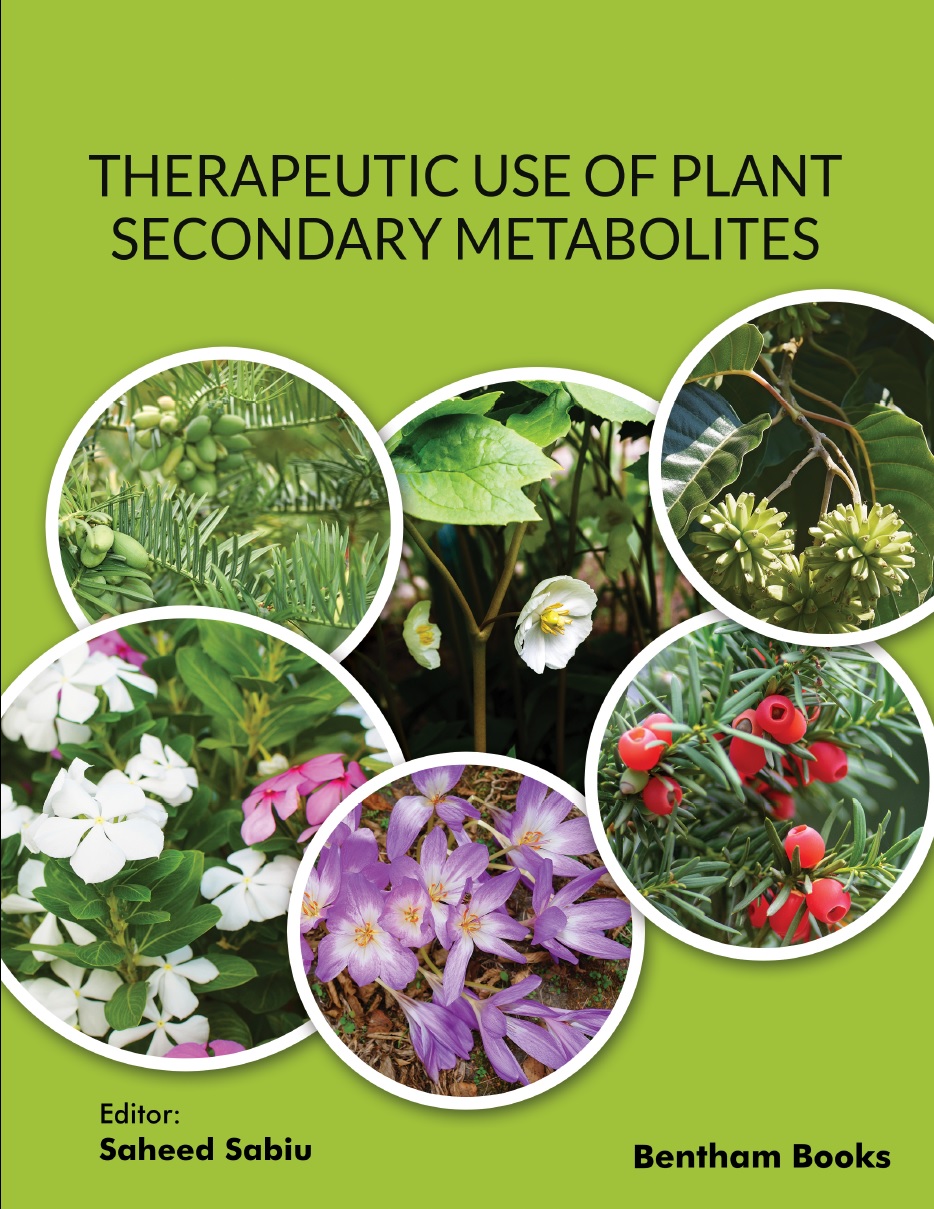The Role of Plant Secondary Metabolites in Health Management

- By Taofik Olatunde Uthman1
-
View Affiliations Hide Affiliations1 School of Medicine and Department of Biological Sciences, University of Limerick, Limerick, Ireland
- Source: Therapeutic Use of Plant Secondary Metabolites , pp 1-20
- Publication Date: September 2022
- Language: English
Plant secondary metabolites (PSM) are bioactive compounds produced by plants for protection against predatory organisms and to attract insects for pollination. Recently, greater attention is being focused on PSM due to their perceived ability to elicit pharmacological activities, including antihypertensive, antiarrhythmic, antimalarial, anticancer, analgesic, antispasmodic, antidiabetic, and antimicrobial effects. Therefore, many plant species are continually screened for PSM, such as alkaloids, flavonoids, terpenes, saponins, cardiac glycosides, fatty acids, steroids, and tannins with a view to exploiting them in the manufacture of drugs and pharmaceuticals. In this review, the pharmacological activities and possible mechanisms of action of selected PSM are discussed.
-
From This Site
/content/books/9789815050622.chap1dcterms_subject,pub_keyword-contentType:Journal -contentType:Figure -contentType:Table -contentType:SupplementaryData105

